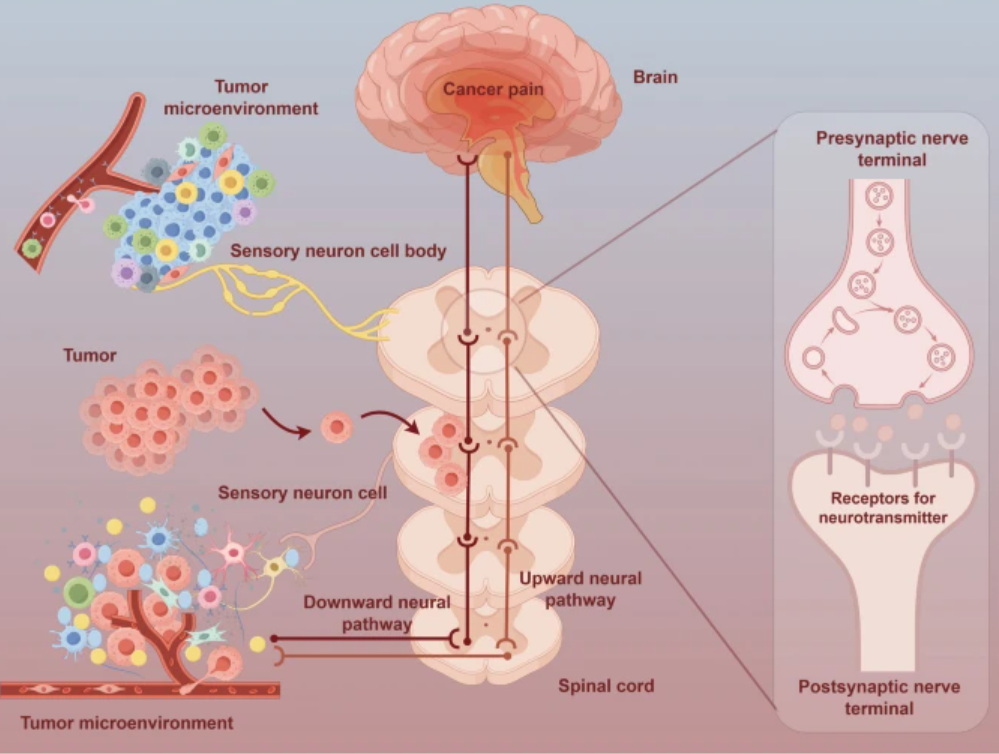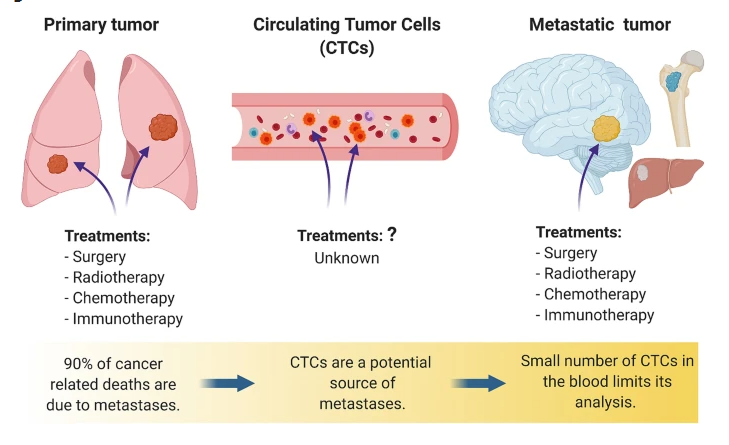Oral Cancer: Symptoms and the Importance of Screening
Category : Tell us your Story | Sub Category : Tell us your Story Posted on 2025-06-30 21:10:00

Each year, nearly 5,000 Canadians are diagnosed with oral cancer—and tragically, around 1,500 of them lose their lives to it.
According to the Public Health Agency of Canada, men between the ages of 40 and 80 are most at risk. However, the number of cases in women is steadily rising.
Despite more than three decades of advancements in cancer treatment and technology, the survival rate for oral cancer remains low. Why? Because it often develops quietly. In its early stages, oral cancer can be painless and easy to dismiss—often mistaken for harmless mouth sores or ulcers. By the time the symptoms become clear, the cancer may have already spread to the lymph nodes or other parts of the body.
Where Oral Cancer Commonly Appears
Oral cancer can affect different parts of the mouth, including:
The tongue
The floor of the mouth
The lips
The salivary glands
The hard and soft palates
The pharynx (throat)
No matter where it appears, oral cancer can cause serious pain and—when left untreated—can severely impact a person’s ability to eat, speak, or even swallow.
What Increases the Risk?
Several factors can increase the likelihood of developing oral cancer, such as:
Tobacco use
Excessive alcohol consumption
Poor oral hygiene
Infections, including HPV and certain types of streptococcus bacteria
These conditions can create the perfect environment for cancerous lesions to form over time.
Your Dentist: The First Line of Defense
When it comes to oral cancer, early detection is critical—and your dentist may be the first to spot the warning signs.
Even during routine dental visits, your dentist examines more than just your teeth. They carefully check your entire mouth, including your lips, gums, tongue, jaw, and throat. Subtle abnormalities may be early signs of something more serious, and dentists are trained to recognize them.
Watch for These Warning Signs
Here are key symptoms of oral cancer to look out for—and mention to your dentist if you notice them:
Red or white patches on the tongue, lips, gums, or inner cheeks
Unusual lumps, bumps, or growths
Sores or ulcers that don’t heal after a few weeks
Numbness or tingling in the lips or tongue
Unexplained bleeding in the mouth
Loose teeth or dentures that suddenly stop fitting
Persistent dry mouth, or difficulty swallowing or speaking
Chronic pain in the jaw or mouth
Leave a Comment:
SEARCH
Categories
Recent News
- Cancer Pain Medications
- Gastric Cancer (Stomach Cancer)
- New Discovery Links Mitochondrial DNA to Immunotherapy Success in Cancer Treatment
- John’s Journey: Healing Through Lifestyle and Natural Remedies
- The truth about finding a cure for cancer
- Federal Government Commissions Three Oncology Centres to Strengthen Cancer Care in Nigeria
- Nigeria Advances National Cancer Control Efforts
- Nigeria’s Biggest Cancer Awareness Walk by Mukhtasar M. Alkali
READ MORE
2 months ago Category : Tell us your Story

Cancer Pain Medications
Read More →2 months ago Category : Gastric Cancer

Gastric Cancer (Stomach Cancer)
Read More →3 months ago Category : Colorectal Cancer

New Discovery Links Mitochondrial DNA to Immunotherapy Success in Cancer Treatment
Read More →3 months ago Category : Tell us your Story
